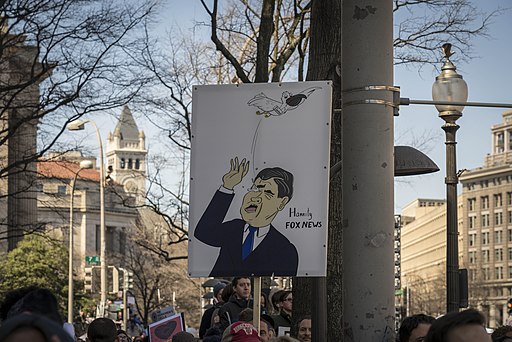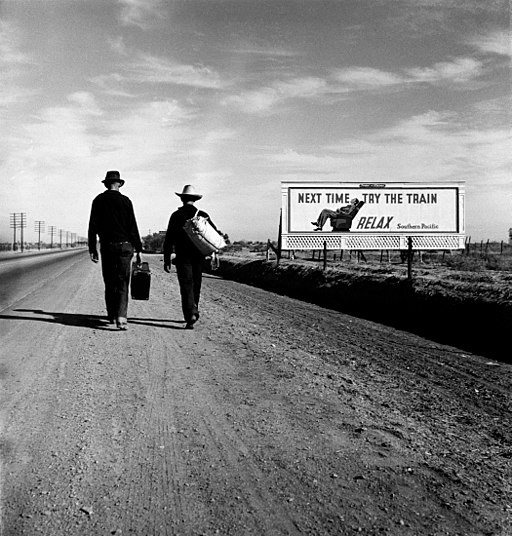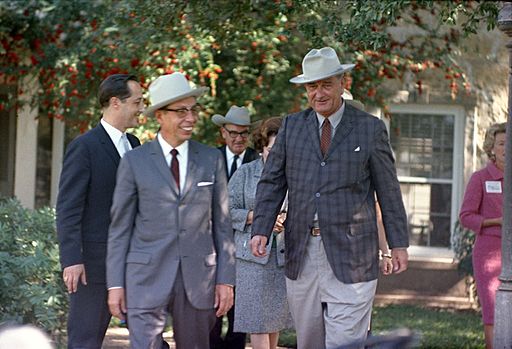The Generation Gap
— Mark Twain (1835-1910)
Some sociologists have disproved the widely held notion that people become more conservative as they get older, and while that may be the case, and therefore old does not necessarily equal conservative, statistics verify there is still a generation gap between the percentages of older and younger people who vote. Old people turn out to vote in a higher percentage for their age group than young people do in their age group. Old for our purpose here is over 50, which encompasses Baby Boomers, the Silent Generation, and the Greatest Generation. Young is under 50, which includes Generation X, Millennials, and Generation Z.

The March for Our Lives protest took place on 24 March 2018 in Washington, D.C., and other cities, when hundreds of thousands of students and others marched to demand common sense gun control in the wake of deadly school shootings in the United States. Photo by Mobilus In Mobili.
In the end, we got the president we deserved, we meaning all of us, voters and non-voters alike. A dismal statement, but one we need to come to terms with by election day in November 2020. It seems we have all overestimated the liberal leanings of Baby Boomers as a group, and perhaps popular culture is responsible. News coverage of Vietnam War protests in the 1960s and ’70s, the enormous changes in fashion and entertainment, the weekly confrontations on television’s All in the Family between Baby Boomer Mike “Meathead” Stivic and his Greatest Generation father-in-law, Archie Bunker, all may have contributed to a perception of Baby Boomers as liberal overall.
Looking at national Democratic Party leadership since Baby Boomers took over with the election of Bill Clinton as president in 1992, it’s difficult to deny they are in most ways more conservative than their predecessors of the Greatest Generation and particularly going back to Franklin Roosevelt (FDR) a generation earlier. Presidents Kennedy and Johnson were certainly more liberal than Bill Clinton. FDR’s policies would be considered dangerous socialism today, which is why candidates like Senators Bernie Sanders and Elizabeth Warren, whose policy proposals are in line with what FDR might have done, are considered too far left by Democratic Party leadership, and therefore unelectable.
Enumerating goals can be difficult, as demonstrated here in a television skit by Monty Python’s Flying Circus.
In the Republican Party, attitudes have shifted so far right since Baby Boomers took over with leaders like Newt Gingrich and Dick Cheney that even Richard Nixon, in whose administration Mr. Cheney first took part, might not have a chance to be elected president these days as a Republican. Too liberal! Dwight Eisenhower, in whose administration Mr. Nixon served as Vice President in the 1950s, would be considered by today’s Republican Party leadership, and assuredly by the MAGA (Make America Great Again) crowd, as a RINO (Republican In Name Only), despite the era he presided over being the one they pine for.
There is no evidence to suggest Millennials are overall more liberal than Baby Boomers, but unlike Baby Boomers they do appear willing to act on the most pressing concerns for humanity, starting with climate change. Unless we take action on climate change now, nothing else matters. Next is growing wealth inequity, because that leads to many other problems, among them being affordability of health care for all. Population growth also needs to be addressed, because Earth’s resources are not infinite, much as delusional capitalist economic modelers like to pretend otherwise.
— Ed.




